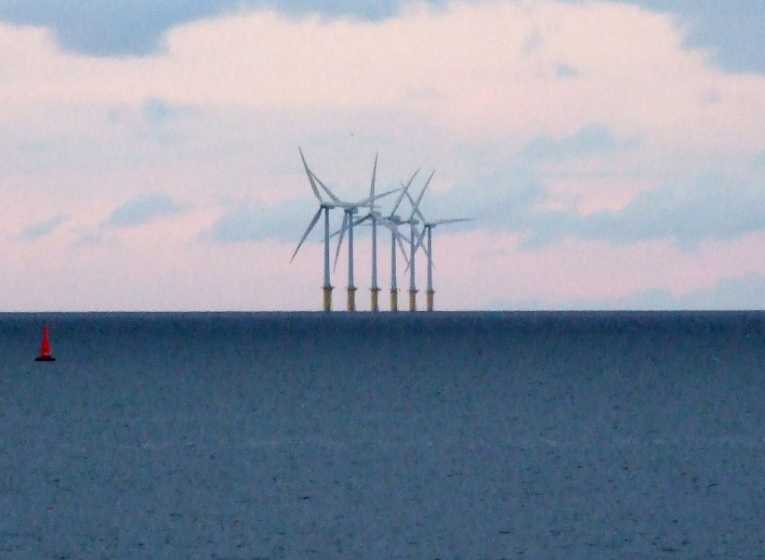Chemical companies are already extensively engaged in activities to support cleaner energy production in the future. A report by A.T.Kearney entitled 'The Race is On' asks who will be the 'John D. Rockefeller' of clean energy supply and dominate this sector. While finding much interest and activity already present in the development of technologies around solar power, biofuels and automotive batteries, the path to becoming a dominant player in this sector is far from straightforward.
To begin with, the report states, the sector is remarkable for its 'increasingly complex value chains'. Regional market differences and the constant evolution of cleantech energy technology makes it difficult for anyone to identify a guaranteed successful product. Not only are companies trying to identify the technologies that will grow in the future, they are also having to deal with the sometimes less than ideal preferences of the end user. According to one of the report's co-authors, Ingo Schroter, a principal in the process industries based in Dusseldorf, consumer choice may favour an automotive battery that delivers greater power over one which operates more efficiently.
"The work of a regulator can also have a big impact," notes Mr Schroter. "The regulator has to cater for public opinion but they may also be working to uphold their region's position on environmentally friendly issues."
The current way ahead for large chemical companies appears to be to identify the most promising technologies and work to commoditise these for the marketplace. While there are currently diverse players in this space it seems likely they - or at least their technologies - will be eventually bought by the large organisations.
For this reason, while the industry promises a new way of generating, storing and delivering energy, the industry is unlikely to change radically from its current structure. Not only are the smaller organisations likely to be bought out, but the eventual mass production of these technologies will probably end up where the cheapest production facilities can be found. In the case of solar energy, for example, there is a chance that new techniques for building panels will end up in China where production is less expensive.
"If you have an innovative product in the chemical industry then you can make a margin on that," notes Schroter. "However, if you want to achieve a good unit cost level it's all about scale of production and that can only be achieved by the big companies."










